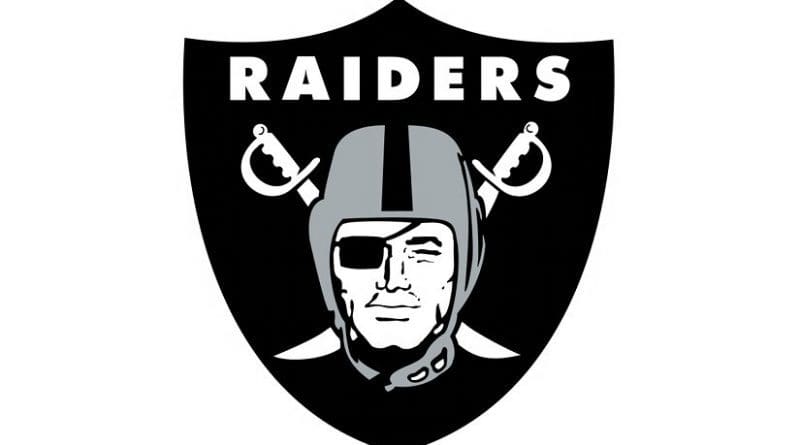Raiders Move to Vegas Gives Tax Payers Reason To Boo, Players Reason To Cheer – OpEd
By MISES
By Tho Bishop*
The NFL granted Mark Davis his request to move the Raiders from Oakland to Las Vegas. The move creates multiple losers: Las Vegas hotel customers who will see room taxes rise to pay for the $750 million in subsidies for the new stadium, the city of Oakland who still carries debt from the Raiders old venue, and the infamous fans that made up the Raiders’ iconic “Black Hole” who are losing their football team just after witnessing their first playoff performance in almost 15 years.
Beyond the blatant crony capitalism of government-financed stadiums, there are many reasons to doubt the wisdom of the team’s decision. After all, unlike the Rams and Chargers move to Los Angeles, Las Vegas has no history of supporting professional football. The most significant attempt, the Las Vegas Outlaws of the XFL, only averaged 22,619 fans, ranking 5th out of the league’s 8 teams. Other attempts, including multiple Arena League teams and the short lived UFL, were financial flops. Of course, none of these products have the power of the National Football League, so perhaps this time will be different.
At league meetings, a key part to selling relocation was the idea that fans of other teams would travel to Las Vegas to enjoy the city’s attractions along with the game. Of course, if the market had faith in this business model, investment wouldn’t have needed politicians to find investment. It is worth noting that the new Las Vegas NHL team will be playing at a facility backed entirely by private investment. Maxing out at 20,000 seats, it has one-third of the capacity of the Raiders venue — but cost less than a quarter of the projected costs of the Raiders’ future facility.
Beyond Davis and the cronies involved in the new stadium, the true winners of the Raiders move are NFL players. One athlete who quickly realized the benefits of Nevada’s 0% income tax rate over California’s 13% was Takk McKinley, a pass rusher from UCLA who expects to enter the league next month through the NFL draft. He shared a video celebrating the move shortly after the move was made official.
While its possible Takk may be drafted by the Raiders, he doesn’t actually have to play for the team to benefit from the new tax rate. California is one of multiple states that has a “jock tax” which taxes revenue made in its jurisdiction. The Golden State’s tax policy actually managed to make Super Bowl 50 all the more bitter for Carolina quarterback Cam Newton, who was forced to pay $87,800 on the $51,000. No wonder he wasn’t in the mood for post-game interviews after the game.
Of course, if Mr. McKinley is concerned about his tax liability, he should hope to be drafted by the AFC South. That division consists of three teams in income tax-free states (Florida, Tennessee, Texas) and the Indianapolis Colts, whose state government just lowered their rate to 3.22% (with an additional county tax of less than 2%).
Now that the NFL has followed the XFL’s lead in planting a franchise in Vegas, and given their love of selling novelty jerseys, it would be great to see Roger Goodell follow Vince McMahon’s lead and allow players to put nicknames on the back of their uniforms. It would be great to see Takk McKinley sack a quarterback with TaxationIsTheft on his nameplate.
After all, given that the NFL continues to use government power to finance its stadiums, it’s clear the league needs the reminder.
About the author:
*Tho Bishop directs the Mises Institute’s social media marketing (e.g., twitter, facebook, instagram)
Source:
This article was published by the MISES Institute

